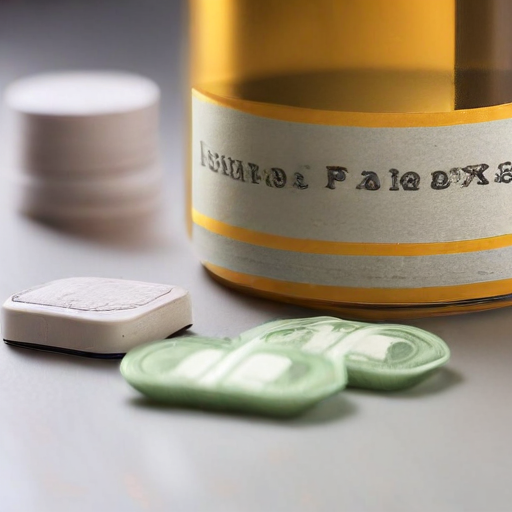A recent report from the House Committee on Oversight and Accountability has raised concerns regarding the practices of pharmacy-benefit managers (PBMs), indicating that they may be directing patients toward higher-priced medications while restricting their pharmacy options. This report is based on an extensive investigation spanning 32 months and coincides with an upcoming hearing featuring executives from the largest PBM companies in the country.
PBMs act as intermediaries between health insurers and pharmaceutical manufacturers, negotiating prices and determining patients’ out-of-pocket costs. The three largest PBMs—Express Scripts, OptumRx (affiliated with UnitedHealth Group), and CVS Health’s Caremark—are responsible for managing about 80% of all prescriptions in the United States.
The findings suggest that PBMs have established lists of preferred medications that favor more expensive brand-name drugs over lower-cost alternatives. For instance, one section of the report highlighted correspondence from Cigna employees who were dissuading the use of cheaper alternatives to Humira, a medication for arthritis and autoimmune diseases that costs around $90,000 annually, despite the availability of a biosimilar option priced at just half that amount.
Additionally, it was noted that Express Scripts informed patients they would incur higher costs if they filled prescriptions at their local pharmacies compared to obtaining a three-month supply from their mail-order pharmacy. This practice limits patients’ choices regarding where they obtain their medications.
Coinciding with this report, the Federal Trade Commission (FTC) released its findings, noting that the concentration among PBMs has grown, with six of the largest controlling nearly 95% of all prescriptions filled in the United States. The FTC expressed concern that this concentration and vertical integration may lead PBMs to favor their own affiliated businesses, creating potential conflicts of interest that can disadvantage independent pharmacies and raise drug costs for consumers.
The implications of these practices are troubling, as they potentially compromise Americans’ access to affordable medications. FTC Chair Lina M. Khan stated that these middlemen may be significantly overcharging patients for essential drugs, particularly cancer treatments, generating additional revenue exceeding $1 billion.
In the face of these challenges, it is crucial for policymakers to consider reforms aimed at increasing transparency in the pharmaceutical supply chain and ensuring that patients have access to more affordable medications. Efforts to address these issues can lead to a more equitable healthcare system, enhancing patient choices and affordability in an increasingly complex landscape.
Overall, while the findings highlight serious concerns within the PBM industry, they also present an opportunity for reform that could improve access to healthcare and reduce costs for patients in the long run.
